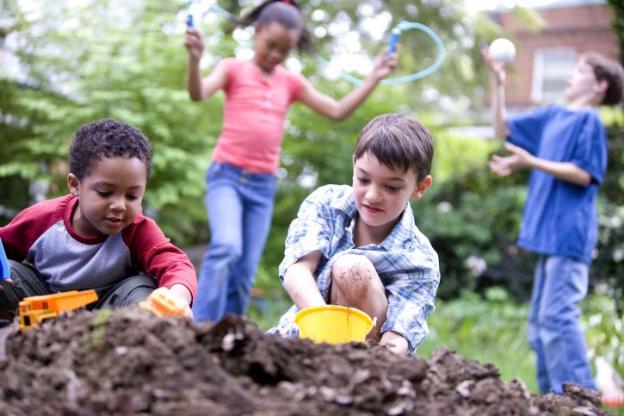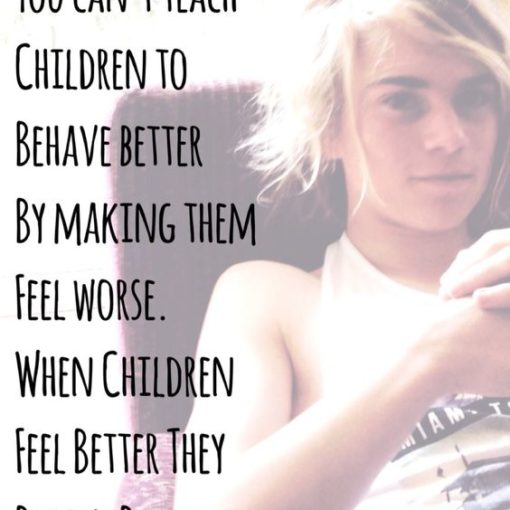Research into moral development in children finds that children who react more strongly against stories of moral violations show less aggressive behavior.
Research into moral development in children finds that children who react more strongly against stories of moral violations show less aggressive behavior.
Researchers Marc Jambon and Judith Smetana ran an experiment with 135 four- to seven-year-olds to examine children’s moral development. They wanted to see whether physical aggression, which naturally declines in most children in this age group, falls more quickly among children who are more sensitive to stories of children like themselves committing moral violations and breaking rules.
They told each child four stories.
Two were about moral violations, drawn from the following three:
- A child hits another child to get a toy.
- A child makes fun of another child to classmates.
- A child steals food from another child.
Two stories were about breaking conventional rules, drawn from the following three:
- A child puts a backpack on the floor instead of in the cubby in order to start playing quickly
- A child gets up to get a snack from the teacher’s desk without raising a hand to ask permission
- A child calls the teacher by her first name instead of Mrs.
The researchers asked a question about each story: “How would you feel if _____?” The children selected a neutral, sad or in-between face to rate their reaction.
But the study of moral development in children faces a well-established challenge in: Are we measuring actual guilt or fear of punishment? To overcome this, the researchers then modified the question for all the stories: “If your teacher didn’t mind and let children like you do this, how would you feel if _____?”
Children who sustained their reaction to moral violations when told that the teacher did not mind, but relaxed their reaction to rule breaking, showed a greater drop in physical aggression between the time they were told the stories and nine months later, according to reports by their teachers. Put another way, among children who reacted the same way to both moral violations and rule breaking when a teacher said they were OK, aggression fell more slowly.
This finding adds to a growing body of evidence linking children’s moral development with their behaviour.
The researchers also asked teachers to assess the children’s relational aggression (e.g., excluding other children or gossiping), but they found no correlation between this type of aggression and the children’s reactions to the stories. They surmised that such correlations might emerge later, as children mature and develop a more sophisticated understanding of how relational aggression works.
This study of moral development in children is based on social domain theory, which focuses on children’s ability to distinguish between two domains: moral violations (pertaining to issues of justice, harm to others, fairness and rights) and violations of social conventions and rules. (See the Child & Family Blog article Child Development Milestones). By three or four years old, children judge moral violations to be wrong even in the absence of specific rules or authoritative prohibitions. Inability to distinguish between the two – either thinking that moral violations and rule breaking are both OK, or thinking that both are equally wrong in all circumstances – is linked to antisocial behaviour. An earlier study by the same researchers found a link between the inability to distinguish between these two social domains and aggressive behavior.
Header photo: Ed Garcia. Creative Commons.
References
Jambon M & Smetana JG (2018), Self-reported moral emotions and physical and relational aggression in early childhood: A social domain approach, Child Development
Article Originally sourced from Child And Family Blog





